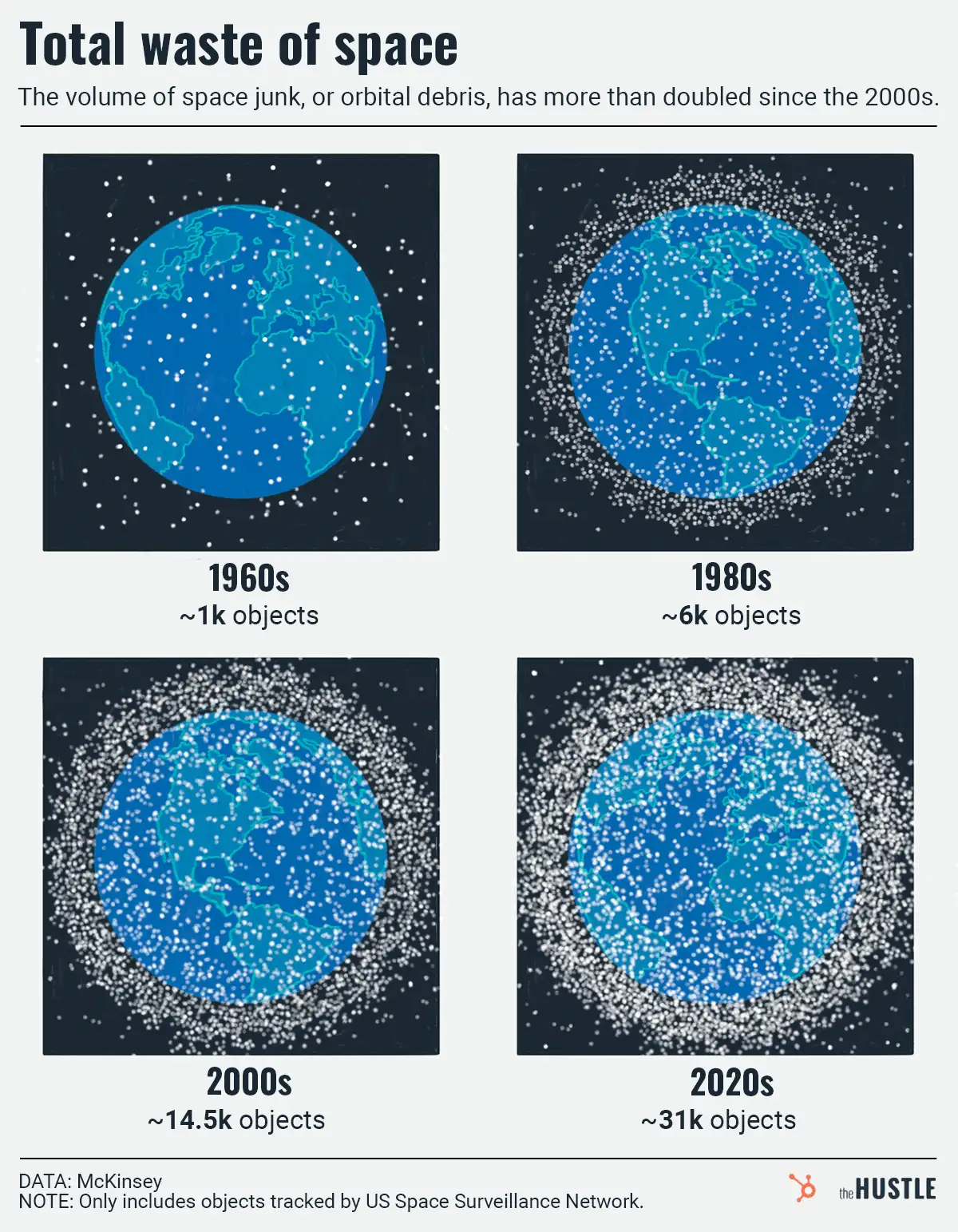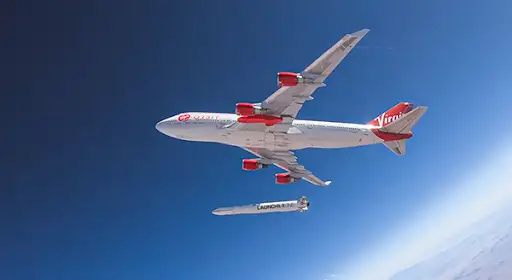Ever have one of those days when you want to launch yourself into space?

We’d advise against actually doing it, but if you’re hellbent on meeting the cosmos’s cold embrace, well, it may soon become easier.
And cheaper, too, with multiple startups trying to make orbital launches more affordable.
Who are you backing?
Two top contenders, Longshot Space and SpinLaunch, both have kinetic approaches that’d project objects into space. Their flinging methods vary:
Longshot hopes to reach hypersonic launch speeds by squeezing its payload down a long, horizontal concrete tunnel with compressed gas.
- Going for it: CEO Mike Grace calls rockets “overly exquisite,” per TechCrunch, and seeks a “dumber and much cheaper” launch option. And he means much cheaper — Longshot aims to make space Pizza Hut meal deal-level accessible at $10 per launched kilogram. (For context, SpaceX runs at $6.5k+ per launched kilogram.)
- Going against it: Its chambers would require many kilometers of land to hit hypersonic speeds — and, given the sonic booms generated by each use, that land would need to be highly remote.
SpinLaunch, true to its name, spins objects at high speed — up to 5k mph — inside a vacuum-sealed centrifuge, then slingshots them to the stars through a “chimney-like exit port,” per Bloomberg.
- Going for it: Costs would also undercut current options — SpinLaunch estimates charging ~$250k to put a satellite into orbit ($1m+ less than today’s starting costs) — and its zero-emissions approach gives it a sustainability angle investors love.
- Going against it: Its accelerator concept has divided physicists, who wonder if the high-speed spin-and-release process would damage payloads.
Up next: Both startups have years of critical tests ahead; in the meantime, we’re just glad ambitiously “dumb” ideas are being explored. It gives us hope someone will figure out a breakthrough for our preferred launch method: Superman punching someone into space.








